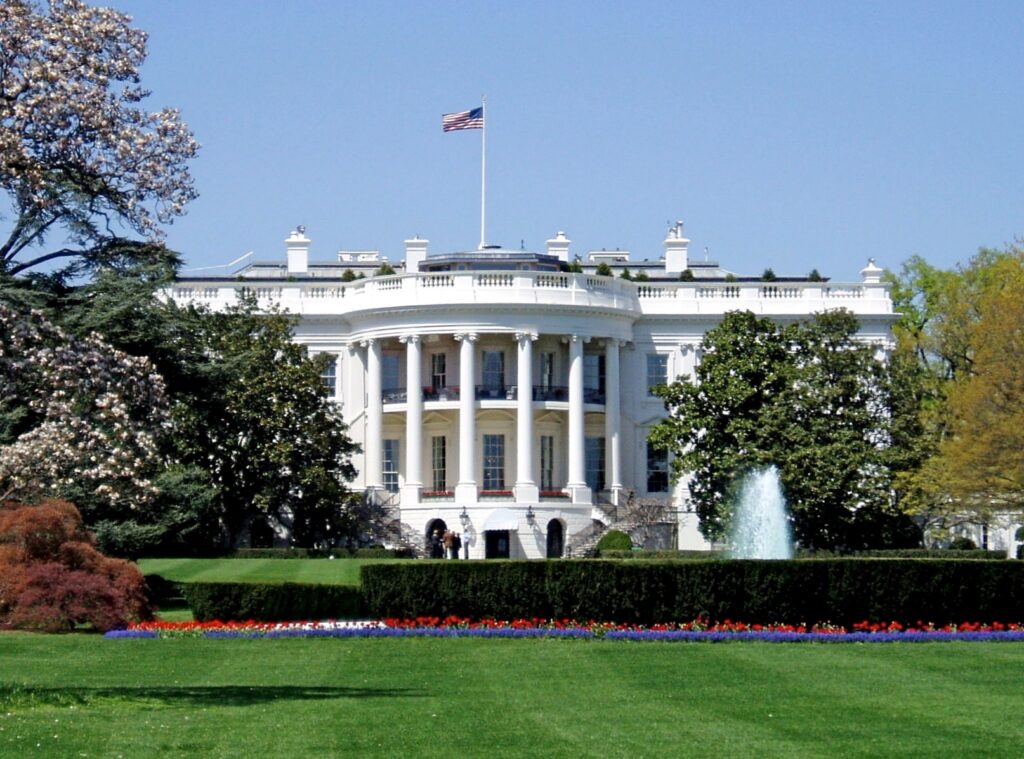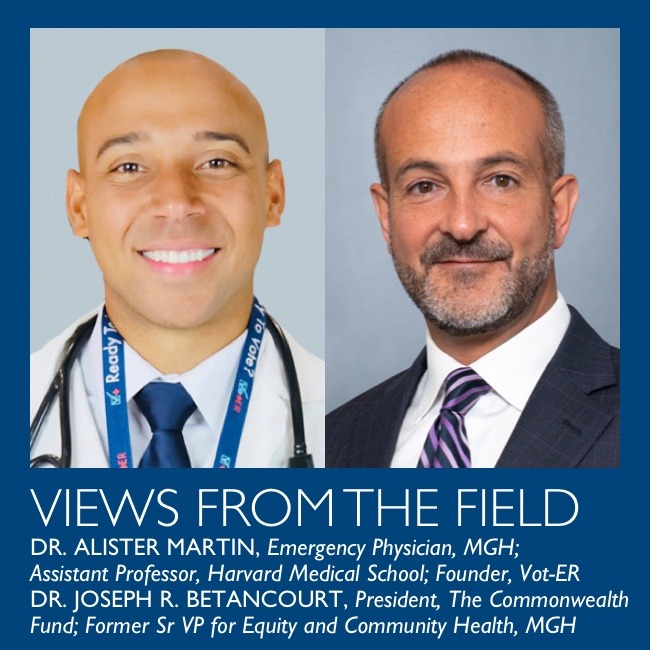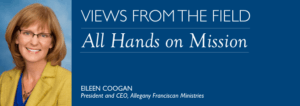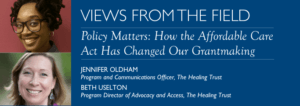The Final Reconciliation Package: Implementation of Key Provisions
On July 4, 2025, H.R. 1, the One Big Beautiful Bill Act, was signed into law. The implementation dates for key health care provisions in the law vary, with some taking effect immediately upon passage and others being implemented over several years. This resource details key dates for the implementation of the law’s most significant health care provisions.
Deadlines in Health-Related Executive Orders and Presidential Memoranda
This GIH policy resource details many of the health-related executive orders issued by the administration and includes a calendar of upcoming implementation deadlines.
Beyond the Exam Room: Impacting Health Outcomes Through Civic Engagement
August marks Civic Health Month, a time to showcase the link between voting and health and celebrate efforts that ensure every voter can support their community’s health at the ballot box. At the same time, the United States is grappling with a health care system ranked 37th globally despite consuming 17 percent of the country’s GDP. With 26 million Americans uninsured and 43 million underinsured, the gap in access to care continues to widen. This crisis will deepen as critical ACA subsidies expire at the end of 2025, potentially leaving 3.8 million more Americans without coverage, in addition to new federal cuts to Medicaid and changes to how coverage is accessed through the health insurance marketplace, which could result in as many as 20 million Americans losing their health insurance.
Health Philanthropy in 2017
In 2017, every American community will be affected by changes to the health policy landscape. Major modifications of the Affordable Care Act (ACA) are already under consideration, while other new or revised policies with the potential to affect access to health care or coverage may be revealed in time.
All Hands on Mission
Allegany Franciscan Ministries is a mission-driven grantmaker whose staff, board, and community volunteers strive to understand and connect with the realities faced by the marginalized communities served by the organization.
Policy Matters: How the Affordable Care Act Has Changed Our Grantmaking
Health reform is not for the faint of heart. When we began drafting this article, it took shape as a reflective piece on the ways in which the Patient Protection and Affordable Care Act (ACA) had affected our grantmaking.
Philanthropy @ Work – Grants and Programs – January 2017
The latest on grants and programs from the field.
Philanthropy @ Work – Transitions – January 2017
The latest on transitions from the field.
de Beaumont Foundation RFP: January 2017
The de Beaumont Foundation’s BUILD Health Challenge is issuing a new call for applications. It joins 10 funding partners to support 18 communities who are collaborating across sectors to find bold, upstream, integrated, local, and data-driven solutions to health issues.






